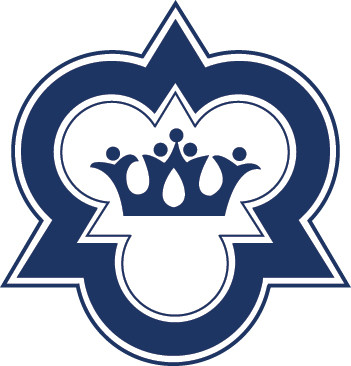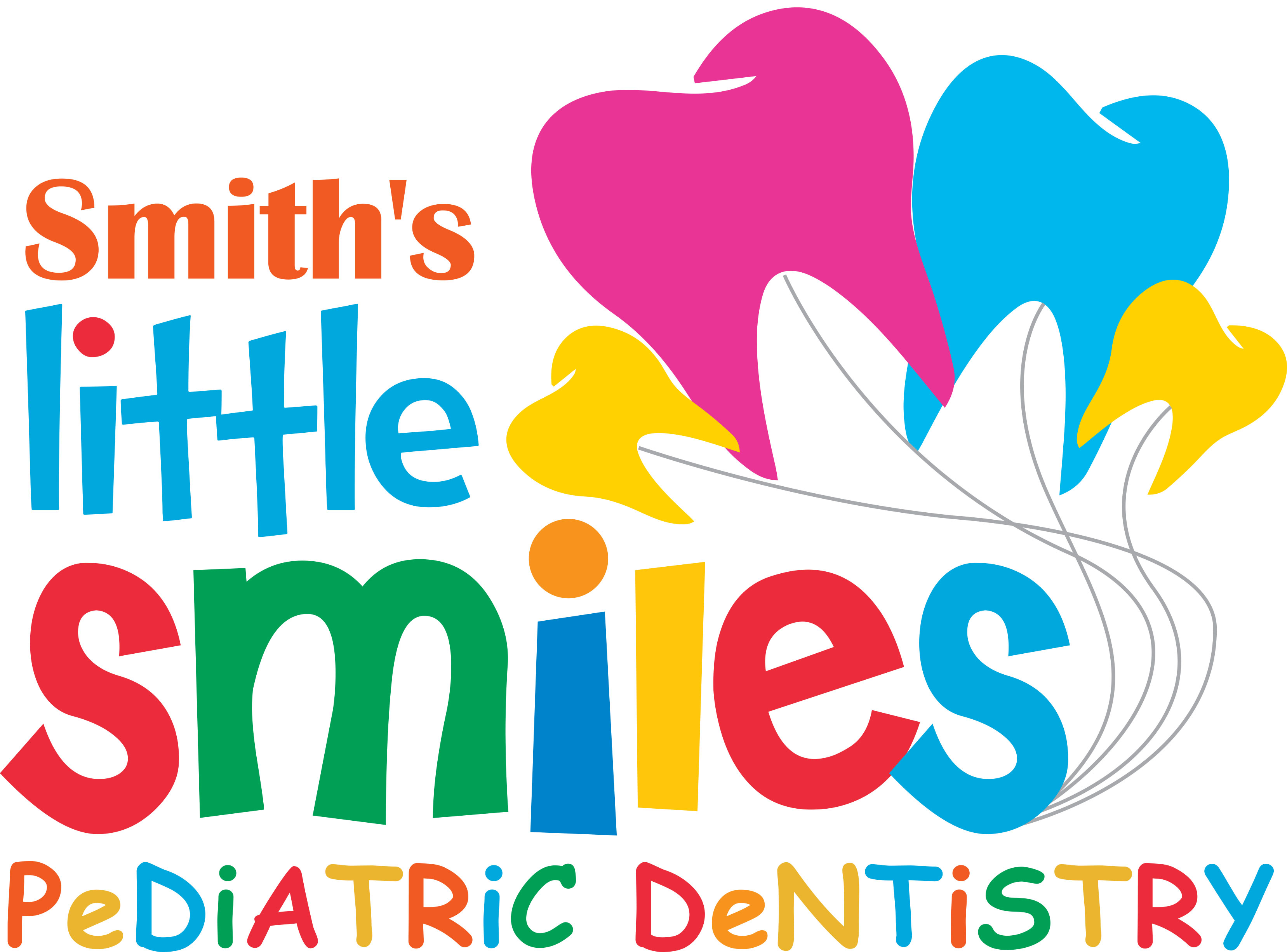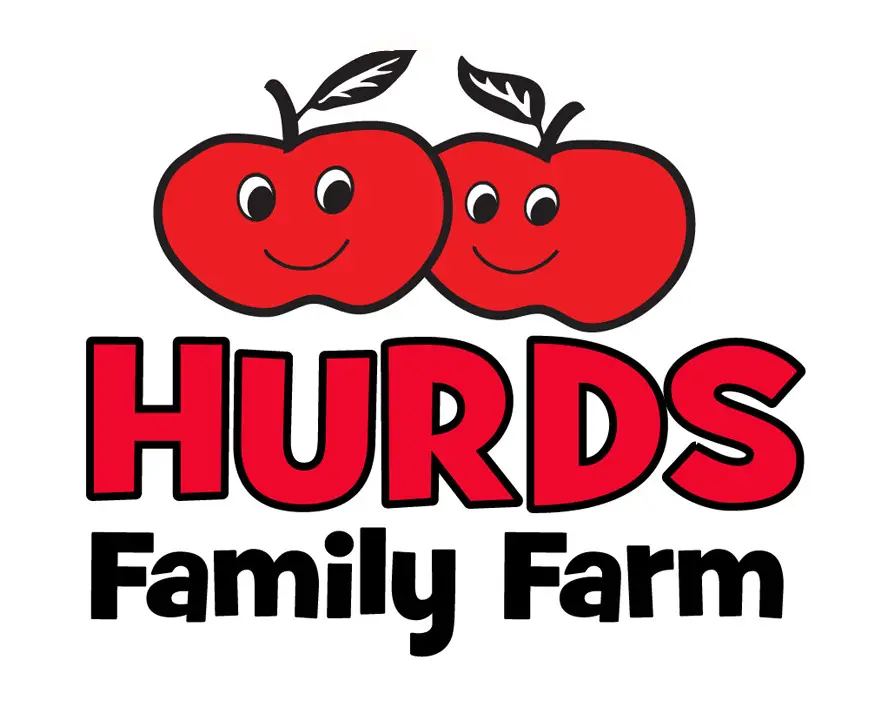Get the Best Kid-Friendly Activities
Sent to You Weekly!
• Produced using only allowed substances and without prohibited substances
• Overseen by a USDA National Organic Program-authorized certifying agent, following all USDA organic regulations
• No antibiotics
• No growth hormones
• 100 percent organic feed
• Animals had access to the outdoors
Not official regulated USDA labels:
Pasture-raised: Not an official regulated USDA label
Certified humane (Humane Farm Animal Care): Meets the Humane Farm Animal Care program standards: nutritious diet without antibiotics or hormones; animals raised with shelter, resting areas, sufficient space and the ability to engage in natural behaviors.
Animal Welfare approved (Animal Welfare Institute): Cattle grazed on pastures; sows could build nests before giving birth; ducks were able to swim in clean water; chickens could forage, dust-bathe, and spread their wings. Awarded only to family farmers.
Sources: Animal Welfare Institute, Certified Humane, USDA Agricultural Marketing Service
Also See:
The Many Benefits of Meatless Meals





